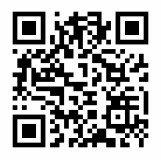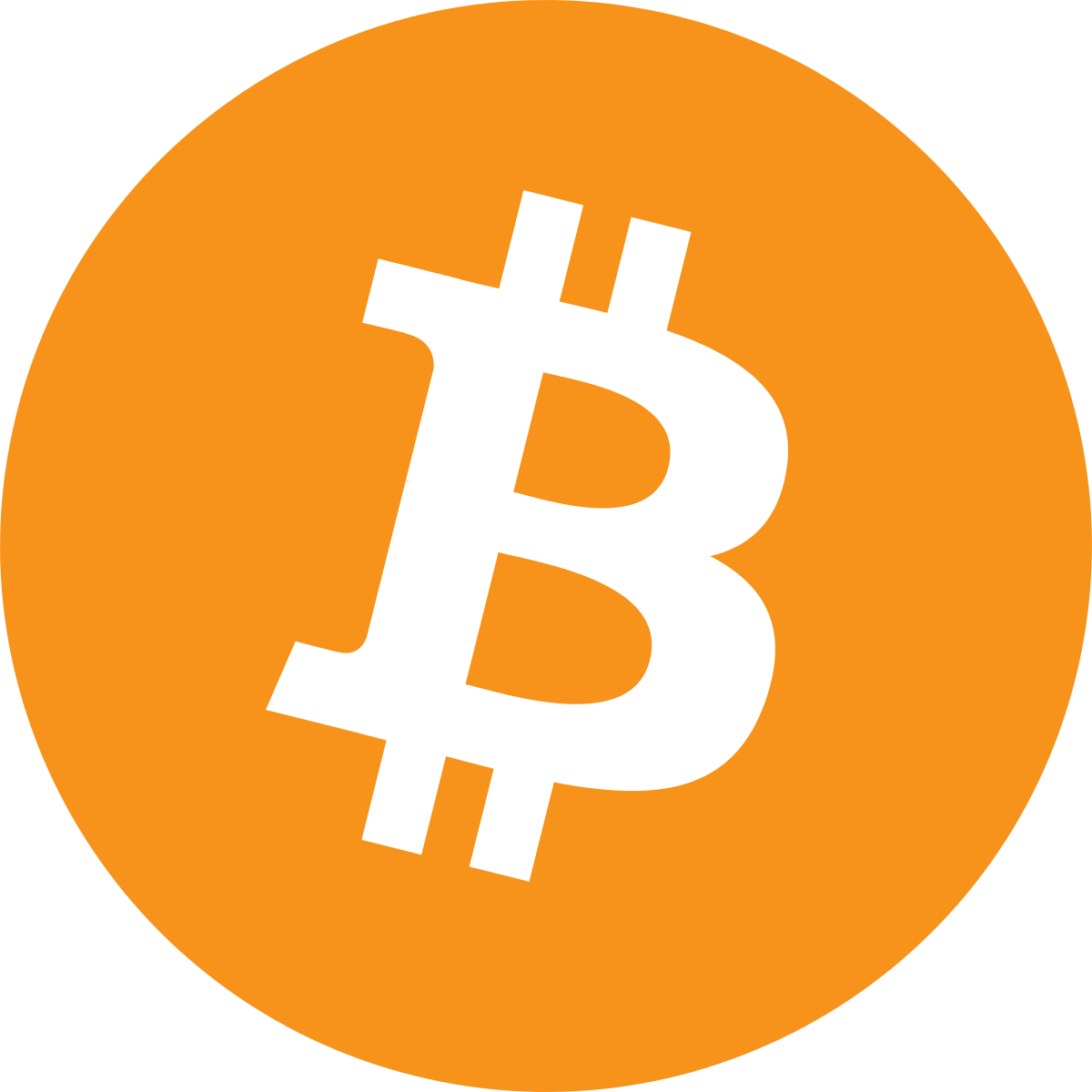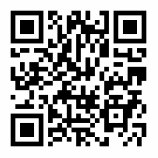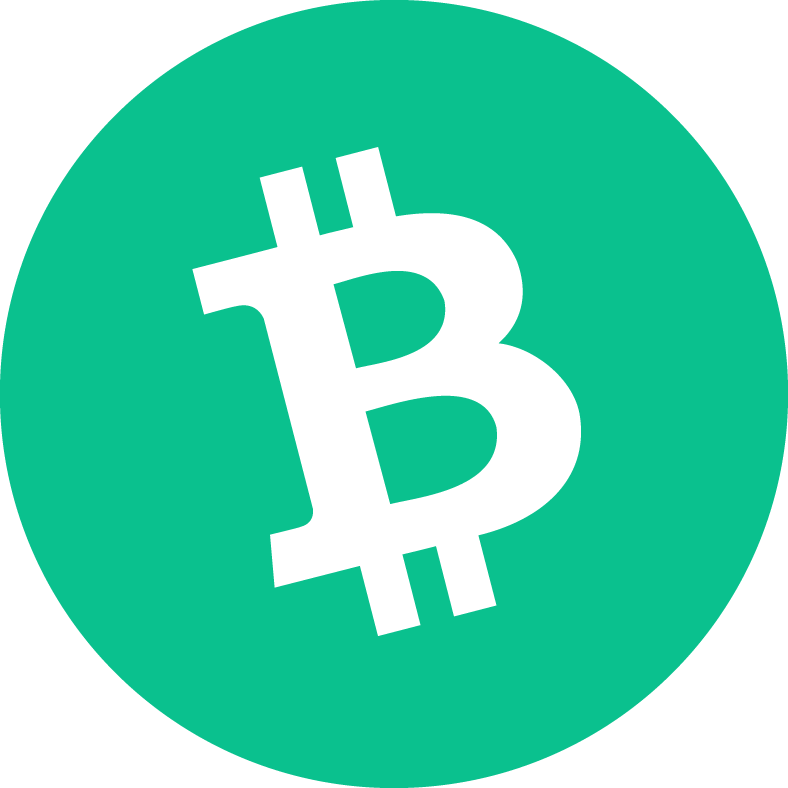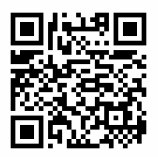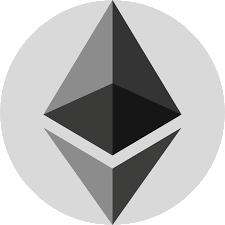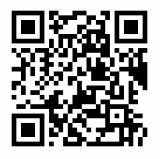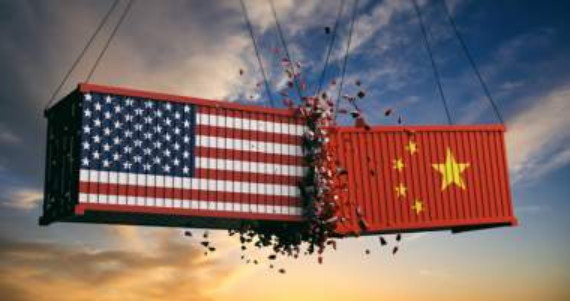
The NEW AMERICAN, by Bob Adelmann — September 12, 2019
Excerpts:
President Trump’s tweet that he was delaying by two weeks an increase of tariffs on some $250 billion of Chinese imports is right out of the Harvard Law School’s Program on Negotiation (PON). Tweeted the President: “At the request of Vice Premier of China, Liu He, and due to the fact that the People’s Republic of China will be celebrating their 70th Anniversary on October 1st, we have agreed, as gesture of good will, to move the increased Tariffs on 250 Billion Dollars worth of goods (25% to 30%), from October 1st to October 15th.”
……………………………………….
The PON rule? “Extreme demands followed up by small, slow concessions.” This strategy, according to Harvard Law, “protects dealmakers from making concessions too quickly.”
It’s not the only rule Trump is following. There’s the “delaying and stalling” technique, the “precondition” technique and the “withdrawn offer” technique, among others.
Consider: Delaying implementation of the increase gives negotiators on both sides time to come to terms before the new deadline. It provides additional incentive for the Chinese to hold serious conversations. It’s interesting to note that the Chinese negotiators are coming to Washington for those preliminary conversations, another tactic of making a minor concession in order to advance a major conversation.
China knows the rules. On Wednesday the communists published a short list of American products that would be exempt from its own tariffs (including shrimp, lubricants, alfalfa meal, and some other minor items) in response to Trump’s concession. Those tariffs were imposed by the communists last July as part of the “tit-for-tat” game being played out in the tariff war.
In addition the communists on Wednesday said they would be announcing more exemptions in coming weeks, provided that the United States continued negotiating in good faith.
……………………………….
View the complete article including image, links and comments at:

